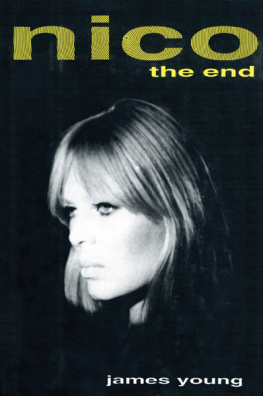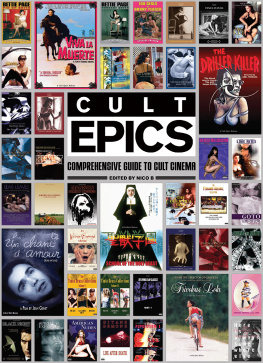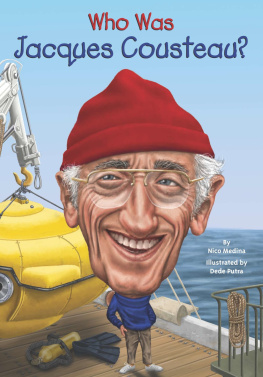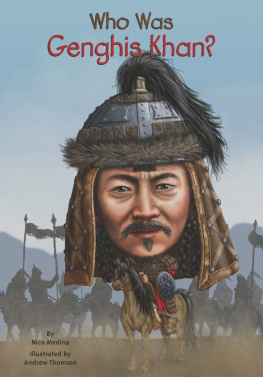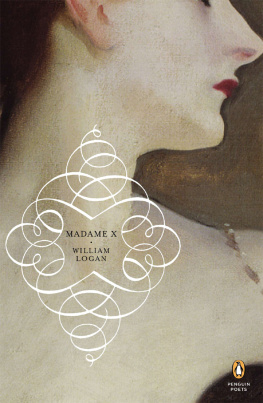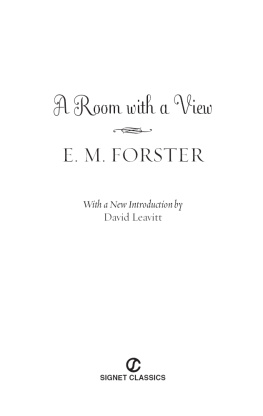Nico - Nico: the end
Here you can read online Nico - Nico: the end full text of the book (entire story) in english for free. Download pdf and epub, get meaning, cover and reviews about this ebook. City: Woodstock;N.Y, year: 2014;1993, publisher: Overlook Press, genre: Art. Description of the work, (preface) as well as reviews are available. Best literature library LitArk.com created for fans of good reading and offers a wide selection of genres:
Romance novel
Science fiction
Adventure
Detective
Science
History
Home and family
Prose
Art
Politics
Computer
Non-fiction
Religion
Business
Children
Humor
Choose a favorite category and find really read worthwhile books. Enjoy immersion in the world of imagination, feel the emotions of the characters or learn something new for yourself, make an fascinating discovery.
- Book:Nico: the end
- Author:
- Publisher:Overlook Press
- Genre:
- Year:2014;1993
- City:Woodstock;N.Y
- Rating:3 / 5
- Favourites:Add to favourites
- Your mark:
- 60
- 1
- 2
- 3
- 4
- 5
Nico: the end: summary, description and annotation
We offer to read an annotation, description, summary or preface (depends on what the author of the book "Nico: the end" wrote himself). If you haven't found the necessary information about the book — write in the comments, we will try to find it.
More information to be announced soon on this forthcoming title from Penguin USA
Nico: the end — read online for free the complete book (whole text) full work
Below is the text of the book, divided by pages. System saving the place of the last page read, allows you to conveniently read the book "Nico: the end" online for free, without having to search again every time where you left off. Put a bookmark, and you can go to the page where you finished reading at any time.
Font size:
Interval:
Bookmark:

First printed in paperback in 1994 by
The Overlook Press, Peter Mayer Publishers, Inc.
141 Wooster Street
New York, NY 10012
www.overlookpress.com
For bulk and special sales please contact sales@overlookny.com, or write us at the above address.
Copyright 1992 James Young
All Rights Reserved. No part of this publication may be reproduced or transmitted in any form or by any means, electronic or mechanical, including photocopy, recording, or any information storage and retrieval system now known or to be invented without permission in writing from the publisher, except by a reviewer who wishes to quote brief passages in connection with a review written for inclusion in a magazine, newspaper, or broadcast.
Library of Congress Cataloging-in-Publication Data
Young, James (James Edward), 1952-
Nico : the end / James Young.
p. cm.
1. Nico, 1944-1988. 2. Singers-Biography. 3. Rock musicians -biography. I.. Title.
ML420.N615Y7 1993
782.42166092 dc20
[B]
ISBN: 978-0-87951-504-1 93-26188
CIP
MN
Manufactured in the United States of America
ISBN: 978-0-87951-504-1
10 9 8 7 6 5 4 3 2
Nico
The Grnewald-Forst cemetery is situated on the outskirts of Berlin, by the Wannsee Lake. In twentieth-century consciousness Berlin has been synonymous with a kind of claustrophobic angst, a landlocked Madagascar of bizarre hybrids. So its strange that Nico should be buried in a pretty, almost rural setting, within the perimeters of a city renowned for its monsters, but one for which she no longer felt much affinity.
Like many of her generation, born shortly before or during the war, she felt, at best, an unease towards her country and its guilty past. She no longer saw herself as specifically German. She spoke in English. She dreamt in English. She sang, mostly, in English. And although it saddened her to see the country divided geographically and politically, she never liked to stay there very long. Now shes a permanent resident.
From the start, Nico seemed destined for a life of strange tensions and weird scenes. Her father came from a rich background, her mother from a humble one. Needless to say, his family deemed it an unsuitable match. Nico was born Christa Paffgen in Cologne on October 16, 1938. Her father insisted on her being brought up a Catholic, with all the attendant mysteries and miseries.
When the war began, Nicos father was conscripted. He was apparently a poor soldier, unable to respond with convincing obedience to the military and ideological discipline of the Third Reich. In 1943 Nicos mother received a letter informing her that hed been wounded in the head and had been taken to a military hospital. His injury resulted in brain damage, and he had become subject to bouts of insanity. The Nazi authorities had one simple, expedient solution for the treatment of the mentally ill extermination.
Nico and her mother then moved to Berlin to stay with her aunt, but the Allied bombing was so intense they sought refuge with Nicos grandfather, a railway man, in Lubbenau about ninety kilometres east of Berlin. There Nico would play with her cousin in the local graveyard and watch the trains (those trains?) go by. At night she could see the burning red sky of Berlin in the distance.
After the war they returned to the city, her mother making her living as a tailor, dressing her daughter as finely as she could. She was a beautiful child and her mother was anxious that she should always look her best. Nico disdained the rigours of conventional German education, and at the age of fifteen, with the encouragement of Ostergaard, a Berlin couturier, she left school to become a professional model. Initially her mother was reluctant to allow it, but Ostergaard managed to persuade the doubtful parent, and by the age of seventeen Nico had become the best model in Berlin. Then, inevitably, she went to Paris, where she worked for, among others, Coco Chanel, who took a personal interest in her androgynous protege.
To further her career, and to escape Chanels attentions, she went to New York to work for Eileen Ford. There, energised by the city and liberal amounts of amphetamine (They used to give it us so wed stay thin), she earned $100 a day, enough to buy the house in Ibiza that became her European base for the next decade. It was in Ibiza that she became Nico taking the name from a photographer friend in memory of his ex-boyfriend.
Nico moved from scene to scene. In Rome she became involved with the Cinecitt set and found herself conscripted into Fellinis La Dolce Vita. It was a walk-on part that became extended into a definite role, due to the directors fascination with her phantom-like presence on the set. Not much real acting ability was demanded of her, more the skills of the catwalk. Fellini, though, was keen to develop her and use her for more pictures, but he became irritated by her habitual laziness. When she failed, after repeated warnings, to make an early morning camera-call, he fired her.
She pursued the idea of becoming an actress a while longer, taking part in Lee Strasbergs Method classes in New York. Later she would claim that she had been in the same class as Marilyn Monroe.
Then came the music scene. Initially it involved a lot of hanging out. She took lessons in narcissism from Brian Jones of the Rolling Stones. He loved those Germanic blondes (though her hair was bleached and her blood mixed). Arm-in-arm they would pose for the adoring crowds at the Monterey Pop Festival or float regally down the Kings Road, King and Queen of the carnival. At this time she cut her first record, a Gordon Lightfoot song called Im Not Saying, instantly forgettable, and also had her first meeting with her future mentor Andy Warhol. He had just dropped in on Swinging London en route to New York after a holiday in North Africa sampling the tight delights of Moroccan youth.
In 1965 she did a spell as a cocktail singer at the Blue Angel Lounge on East 55th Street and soon found herself in the company of Bob Dylan. At that time the scene was divided between the Dylan camp straight and the Warhol camp camp. Nicos temperament was more suited to Dylans circle, she loved the man and his work, but Dylans romantic attention was engaged elsewhere and there would be no real place for her except as an acolyte.
Warhol, on the other hand, had found a group at the Caf Bizarre, playing curiously titled songs like Heroin and Venus in Furs. The Velvet Underground. Warhol decided that Nico should become their figurehead, much to the reluctance of the rest of the group, Lou Reed and John Cale in particular. Still, they acceded to their patrons demands new instruments, free rehearsal space, food, drink, drugs, instant chic, in exchange for letting Nico do a couple of numbers. Nevertheless they delighted in giving her a bad time, bullying her into singing their way which depended upon whatever caprice the drugs dictated. Theyd torment her with tricks like switching off her microphone, or blasting her out with guitar noise anything to make her feel more paranoid. Paranoia was the dominant theme of the Factory floor.
Lou Reed wrote a few tunes for her, which they got her to sing in that bleached, throwaway style All Tomorrows Parties, Femme Fatale, Ill Be Your Mirror but there was always a problem about who was doing what. Nico was not an instrumentalist, and therefore couldnt reintegrate with the rest of the group once her songs were over. Besides, Lou Reed was the leader, he wrote most of the material, he was the real singer.
Lou never really liked me, she once told me, because of what my people did to his people.
The truth was perhaps more banal he resented being upstaged by her.
Next pageFont size:
Interval:
Bookmark:
Similar books «Nico: the end»
Look at similar books to Nico: the end. We have selected literature similar in name and meaning in the hope of providing readers with more options to find new, interesting, not yet read works.
Discussion, reviews of the book Nico: the end and just readers' own opinions. Leave your comments, write what you think about the work, its meaning or the main characters. Specify what exactly you liked and what you didn't like, and why you think so.

